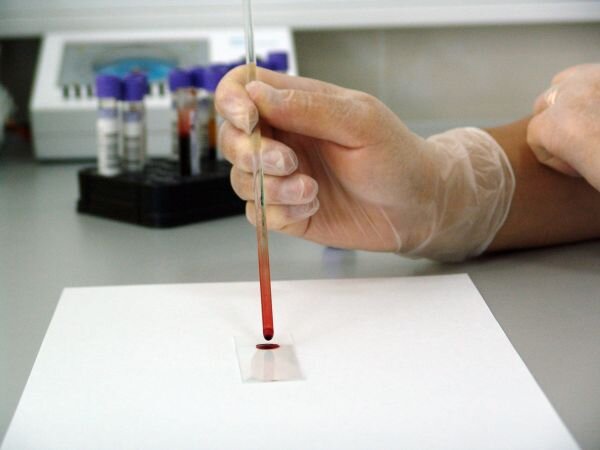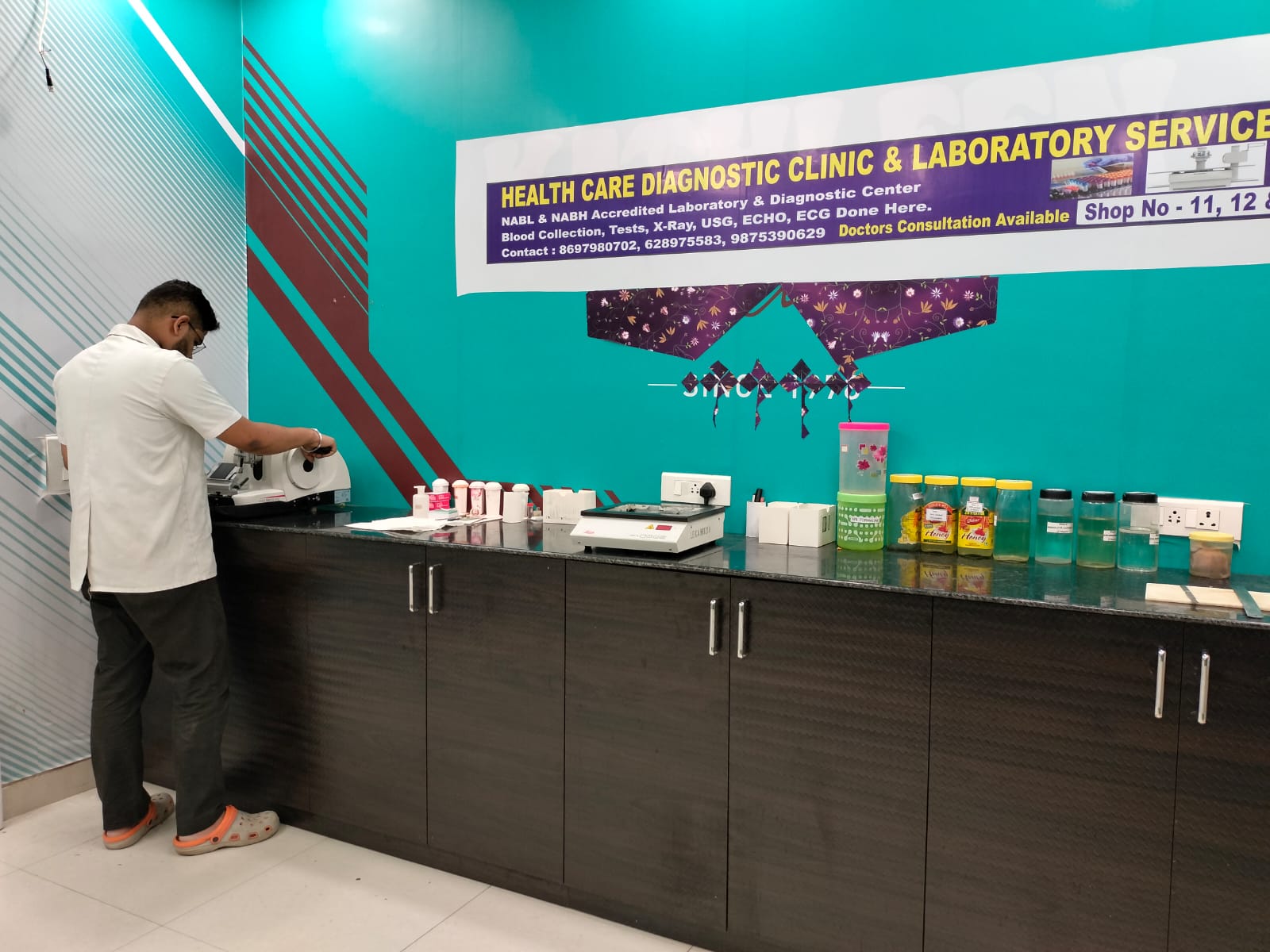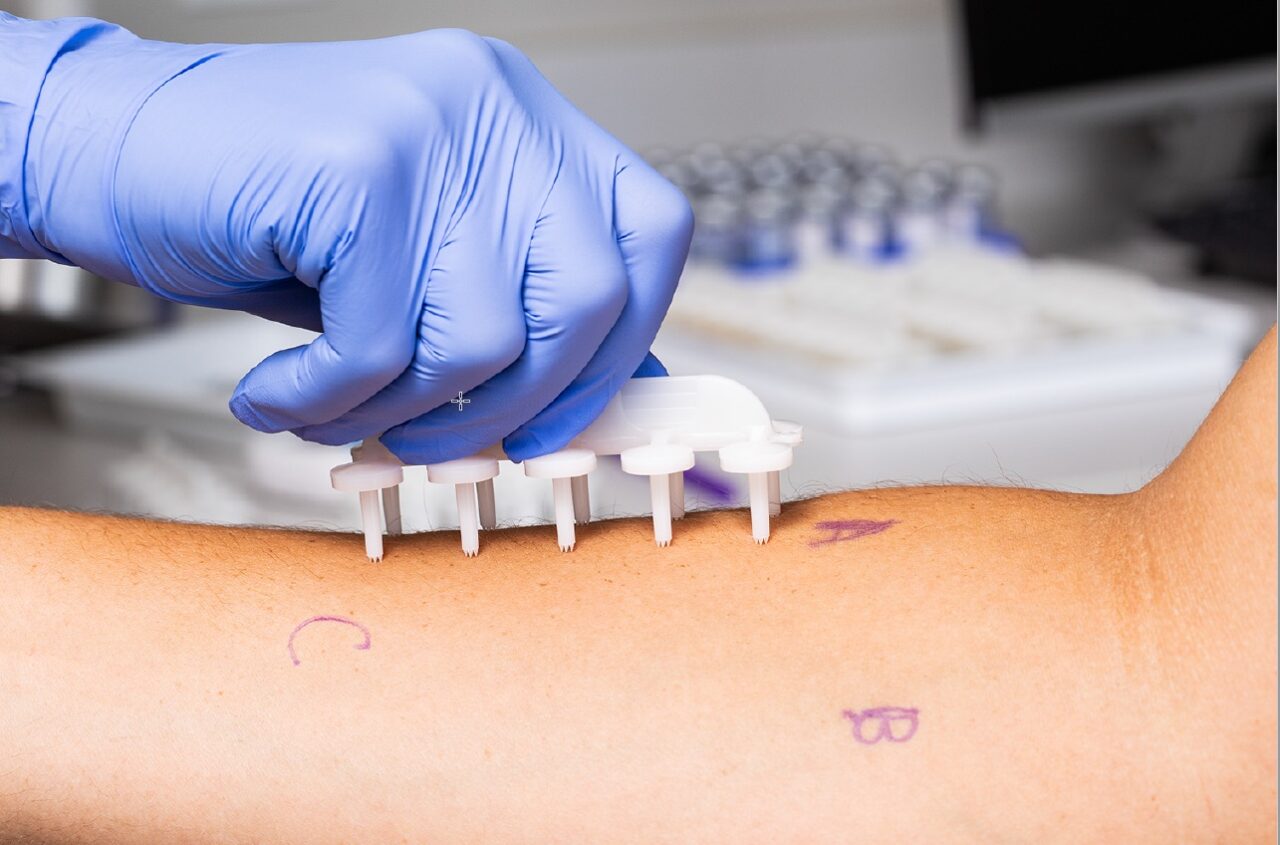
Postprandial Blood Sugar (PPBS) testing is a critical component of diabetes management, providing valuable insights into how well an individual’s body handles sugar after meals. This test, which measures blood glucose levels two hours after eating, can help prevent the complications associated with diabetes by facilitating timely adjustments in diet, medication, or lifestyle. Here’s why regular PPBS testing is crucial for those managing diabetes and for those at risk.
What is PPBS Testing?
PPBS, or Postprandial Blood Sugar test, is conducted two hours after starting a meal. This timing is critical as it captures the peak level of blood glucose that occurs after eating, offering a clear picture of how effectively the body’s insulin is managing the ingested sugars. This test is particularly important for diabetics who need to understand how their bodies react to different foods.
PPBS Test Normal Range
The normal range for a PPBS test generally falls between 140 mg/dL and 199 mg/dL for people with diabetes. Values below 140 mg/dL are considered normal for individuals without diabetes. It’s essential to consult with a healthcare provider to understand personal target ranges, as these can vary based on individual health conditions, age, and overall treatment goals.
The Procedure for PPBS Testing
Conducting a PPBS test involves simple steps but requires precise timing:
Fasting: The individual should start the test in a fasting state or before consuming a meal.
Meal Consumption: A standardized meal or a specific amount of glucose is consumed.
Blood Sample Collection: Exactly two hours after the meal starts, a blood sample is drawn to measure the glucose level.
This procedure helps to ensure that the results are accurate and reflective of the body’s response to glucose intake. Patients can perform this test at home using a glucose meter or at a diagnostic lab.
Choosing the Right Diagnostic Lab in Kolkata
For accurate and reliable results, selecting a proficient diagnostic lab is crucial. In Kolkata, there are several reputable labs like Health Care Diagnostic Clinic & Laboratory Services known for their precision in conducting PPBS tests. When choosing a lab, consider factors such as the quality of equipment, the expertise of medical staff, and the ease of accessing test results. Look for labs that offer detailed explanations of test procedures and support in interpreting the results.
The Benefits of Regular PPBS Testing
Regular monitoring of postprandial glucose can provide several benefits:
Improved Diabetes Management: Regular testing helps tailor diet and medication more accurately to an individual’s needs.
Prevention of Complications: By managing post-meal sugar levels, the risk of long-term complications such as cardiovascular disease, kidney damage, and neuropathy can be reduced.
Lifestyle Adjustments: Understanding how different types of foods affect blood sugar levels can guide more informed choices about diet and exercise.
Conclusion
Regular PPBS testing is a cornerstone of effective diabetes management, offering critical insights into the body’s glucose regulation after meals. For those at risk of or managing diabetes, understanding and regularly monitoring PPBS levels is essential. With the right knowledge and tools, such as choosing a competent diagnostic lab in Kolkata & Bhopal, individuals can maintain control over their health and prevent the severe consequences of unmanaged blood sugar levels.


